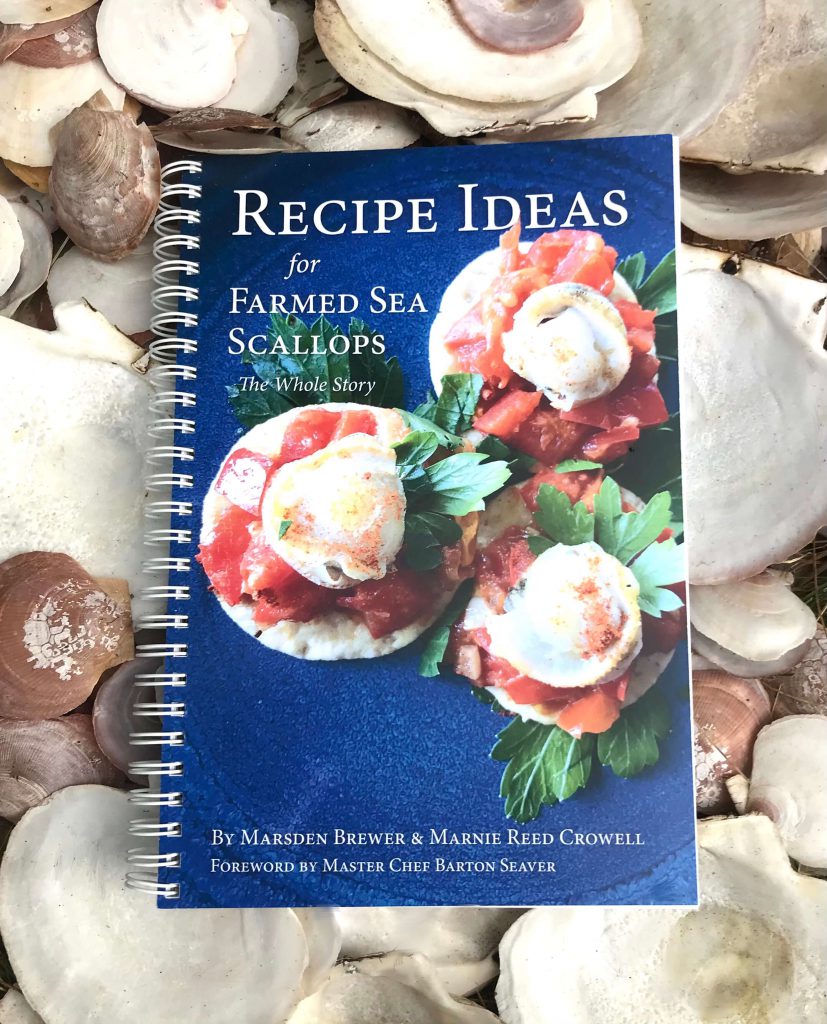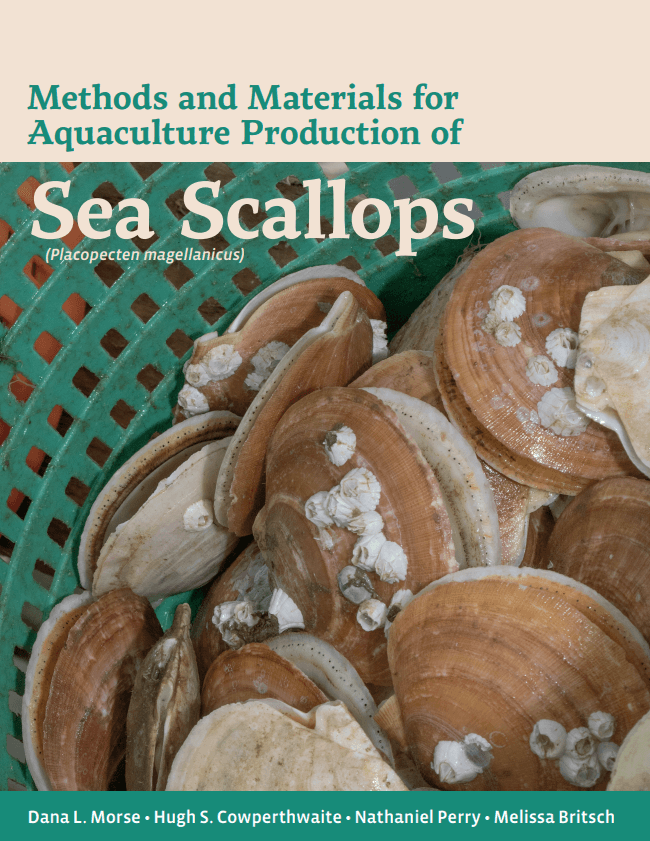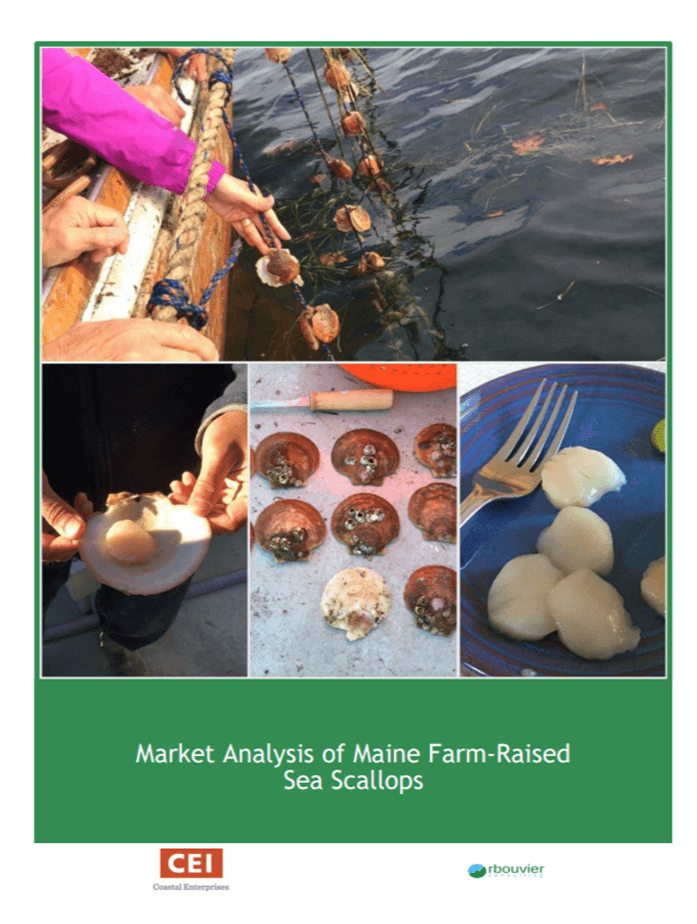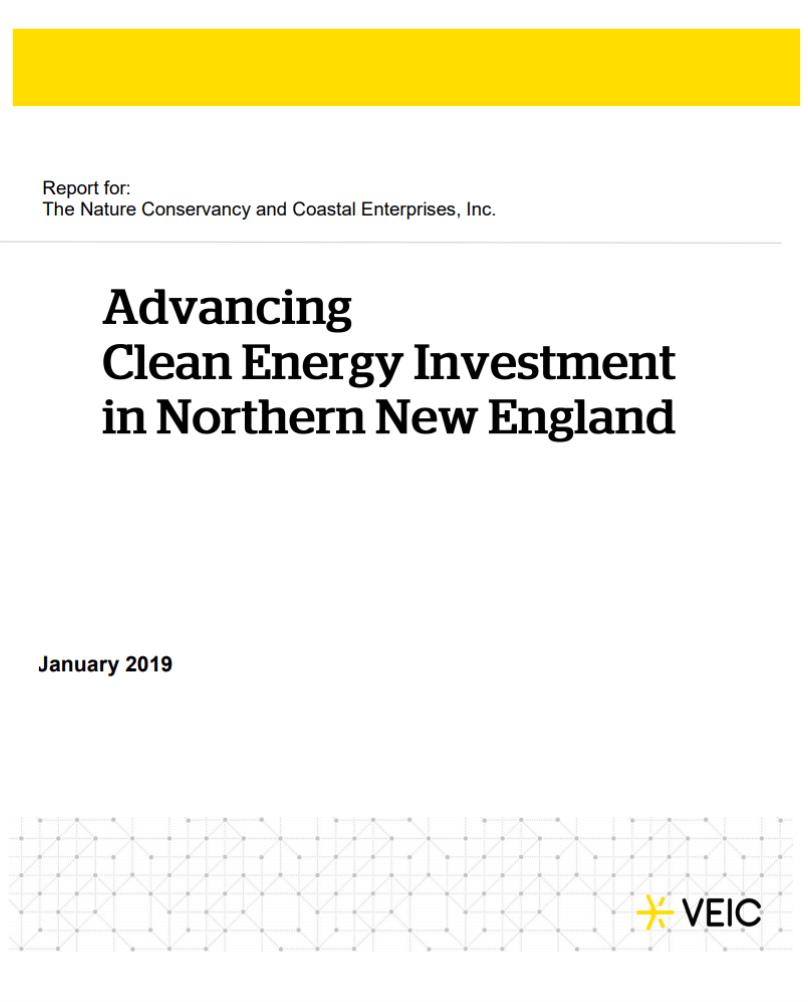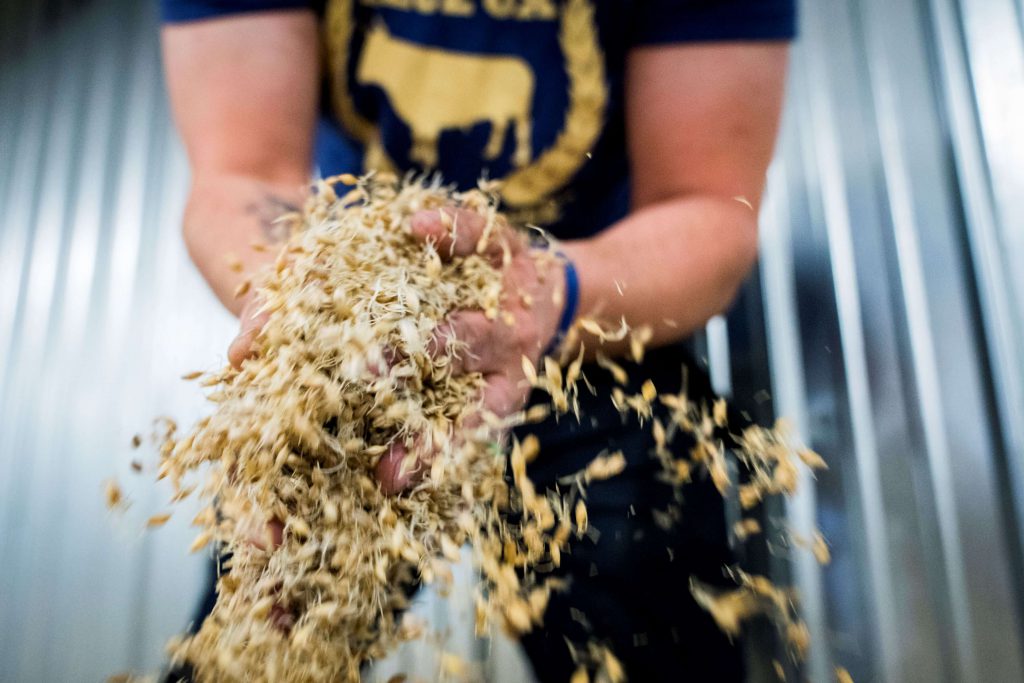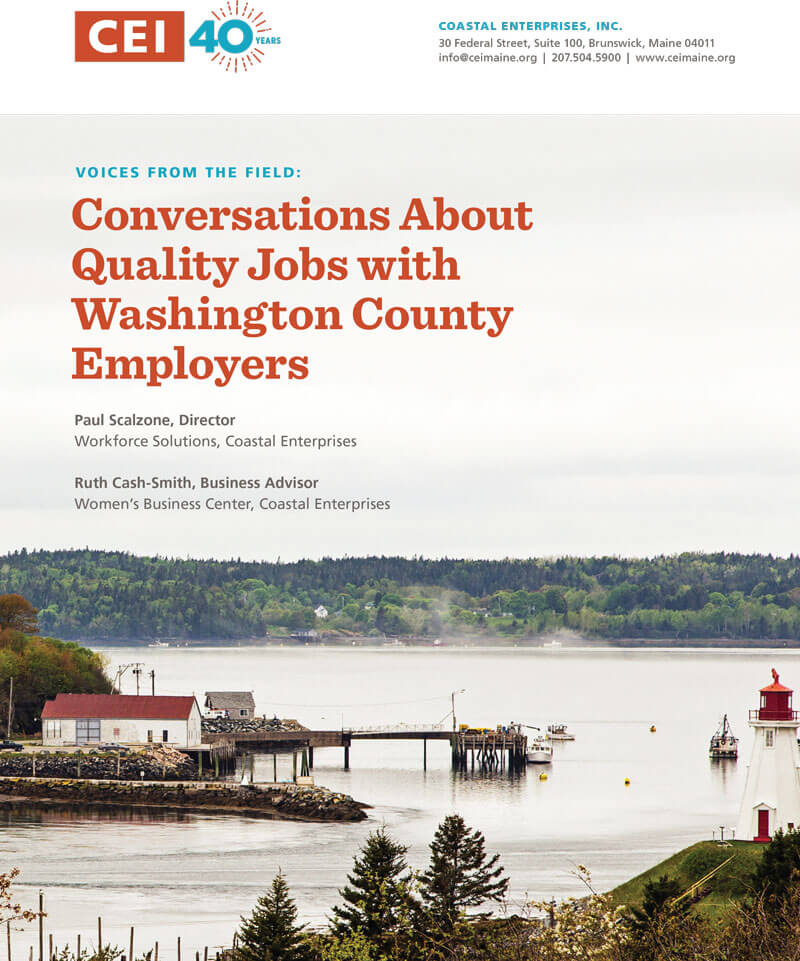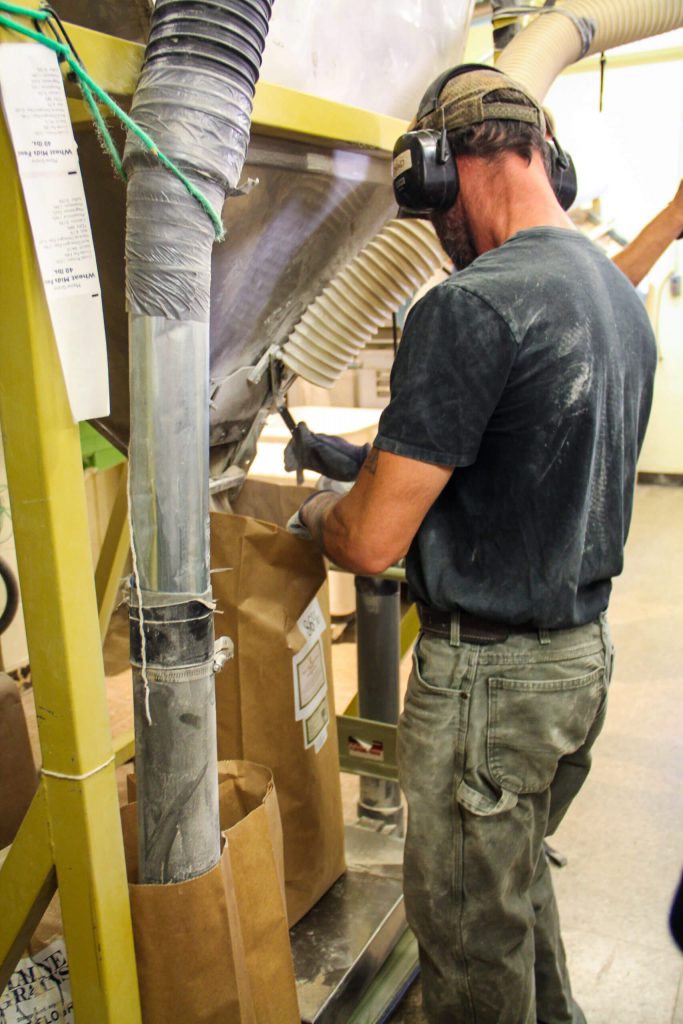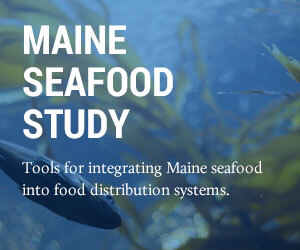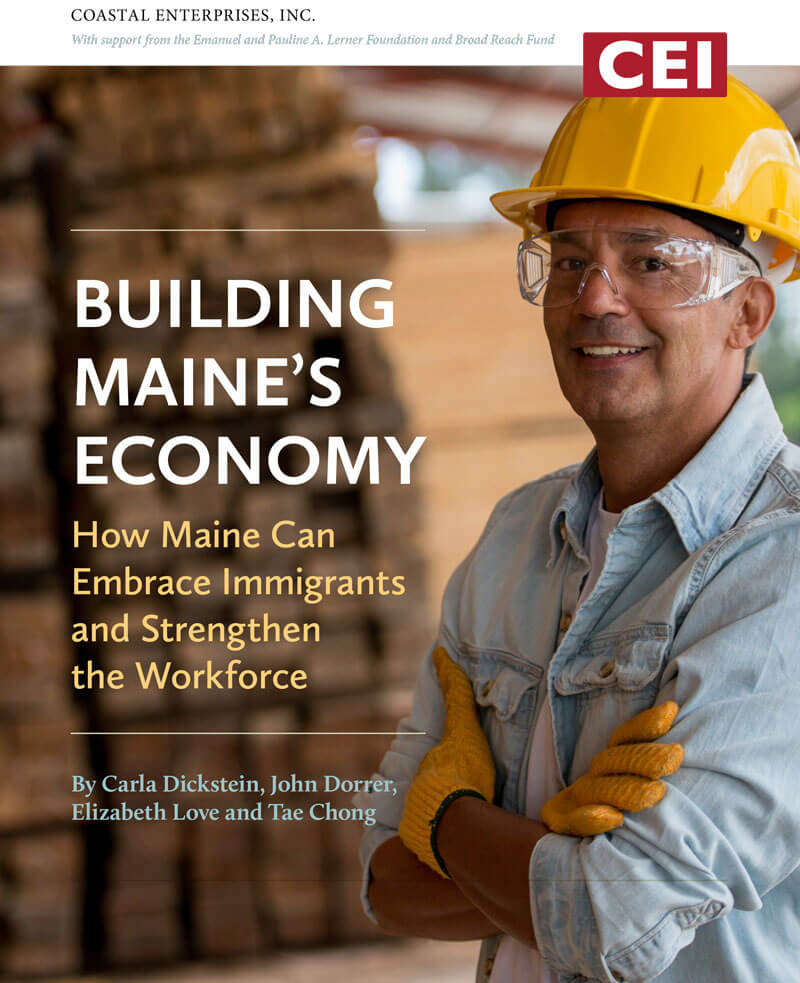
Fiscal Year 2023
Bridging the Gap
Business ownership, homeownership and access to good-paying jobs with benefits and advancement opportunities are all crucial building blocks for a thriving economy. They empower people and families, especially those who haven’t always had a fair shot, to build wealth and security. As a Community Development Financial Institution (CDFI), we’re passionate about bridging this gap. We believe everyone deserves a chance to succeed, regardless of background or financial history. That’s why we help people who have traditionally faced barriers – women, people of color, immigrants, refugees, veterans, low-income people – access the resources they need to thrive.


